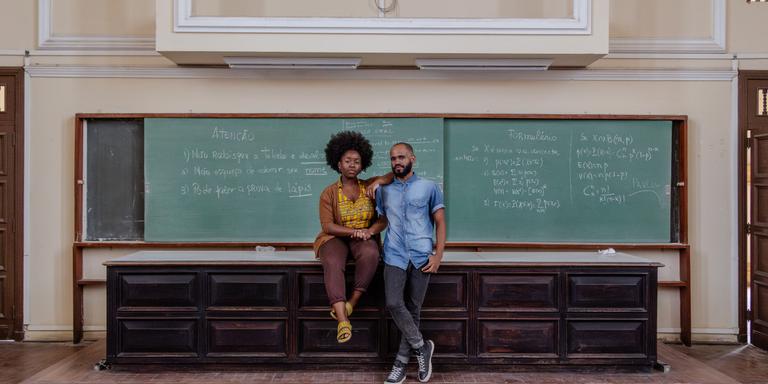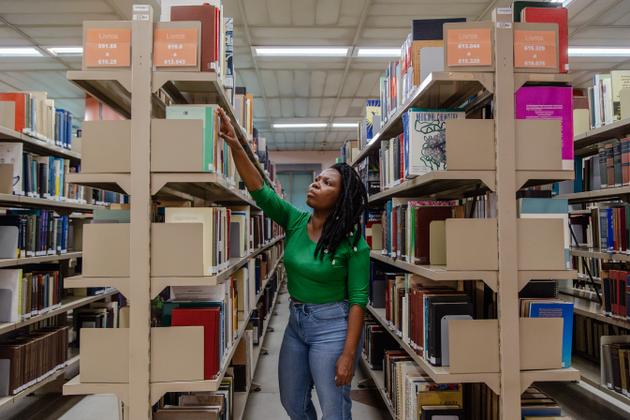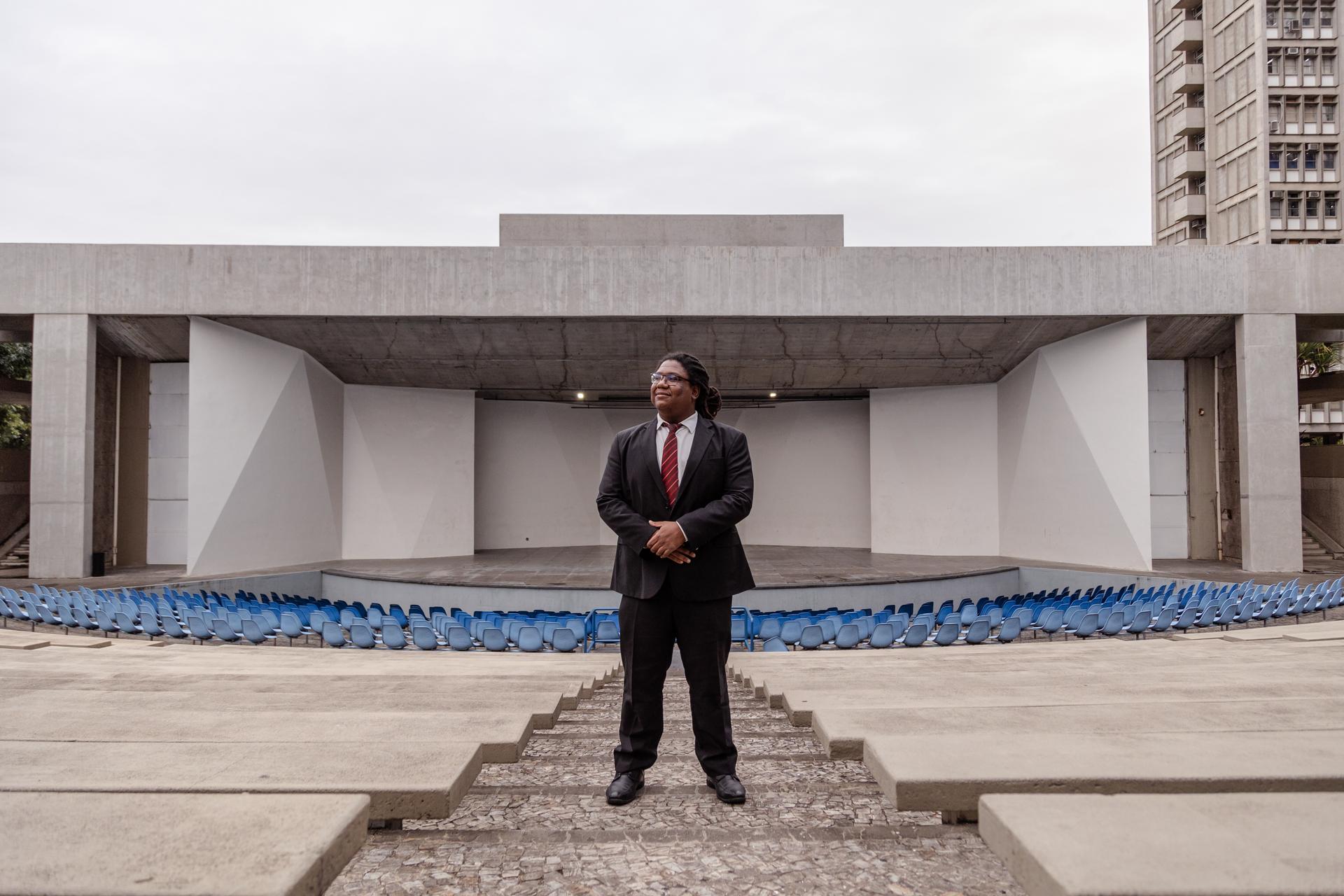


Brazil's racial quotas have given rise to a new generation of Black graduates
FeatureInstituted in federal universities by Dilma Rousseff's government in 2012, Brazil's racial quota system, which reserves spots in Brazil's public and private universities for students of African or Indigenous descent, has led to a 400% increase in Black students in just one decade.
When Layla Vitorio Peçanha recalls what happened on February 8, 2003, she speaks of it as a rebirth. Anxiously, the then-teenager made her way to the Rio de Janeiro State University's (UERJ) campus, one of the country's best. The long list of those who had passed its difficult entrance exam was pinned to a wall. Layla looked for her name, found it, shouted "very, very loudly," and broke down in tears in the arms of a friend.

"It was such a powerful and historic day!" recalled the woman, now 36, who, after a degree in social sciences is completing a master's in public health. Layla, the daughter of an electrician and a cleaning lady who grew up in Rio's slums, is also, and Black. "Where I come from, going to university is like going to the moon," she said.
She owes her success to her hard work but also to racial quotas, without which she would "never have passed the entrance exam." Implemented by UERJ as early as 2003 before being generalized in Brazilian federal universities by the 2012 law, their impact has been as rapid as it has been massive. In the span of a decade, the number of Black students at university has jumped by 400%. Once a very small minority, they now represent half of all students in higher education.
'General and decisive impact'
In a country marked by three centuries of slavery and where Black people remained excluded from higher education and the best jobs, despite being in the majority, "historic" is not too strong a word. Better still, quotas have enabled the rise of a new generation, known as the "cotistas" ("quota holders"), who are now shaking up the foundations of Brazilian society.

Adopted during Dilma Rousseff's left-wing presidency, the quotas were "the fruit of a very hard-fought battle," recalled Paulo Paim, a senator from the Workers' Party, rapporteur of the law and one of the few Black members of the upper house of Parliament. A section of the left was up in arms against it and condemned the advent of an American-style affirmative action society. "The right, on the other hand, predicted a drop in educational standards and civil war," recalled Paim. Among its opponents were well-known figures like the singer Caetano Veloso.
And yet, the law does not establish purely "racial" quotas. While 50% of available spots at federal universities are reserved for "cotistas," the selection criteria are a mix of academic background, family income and ethnic origin for Black but also Indigenous people, in proportion to the composition of each Brazilian state's population.
You have 73.53% of this article left to read. The rest is for subscribers only.
